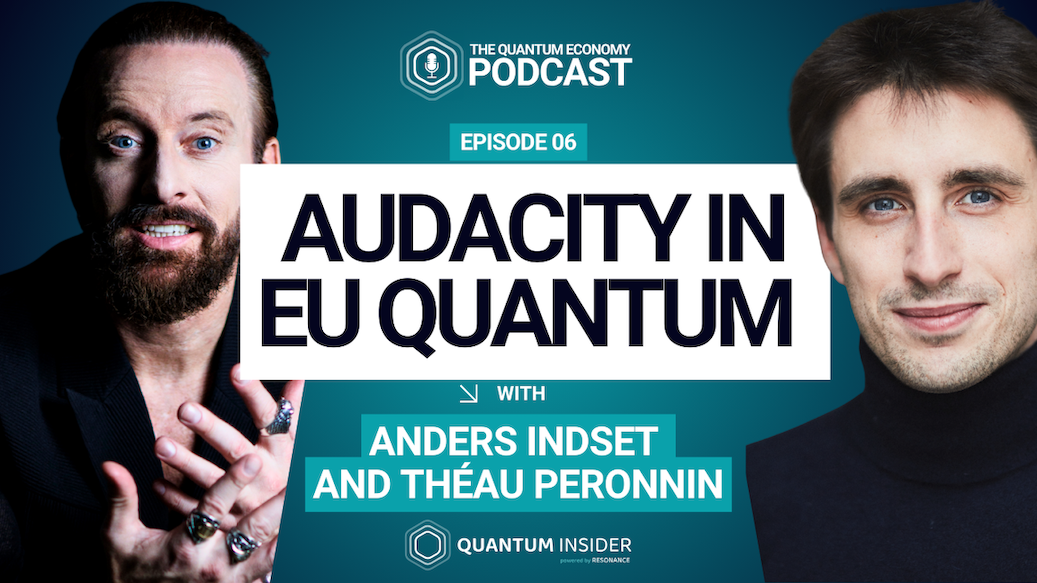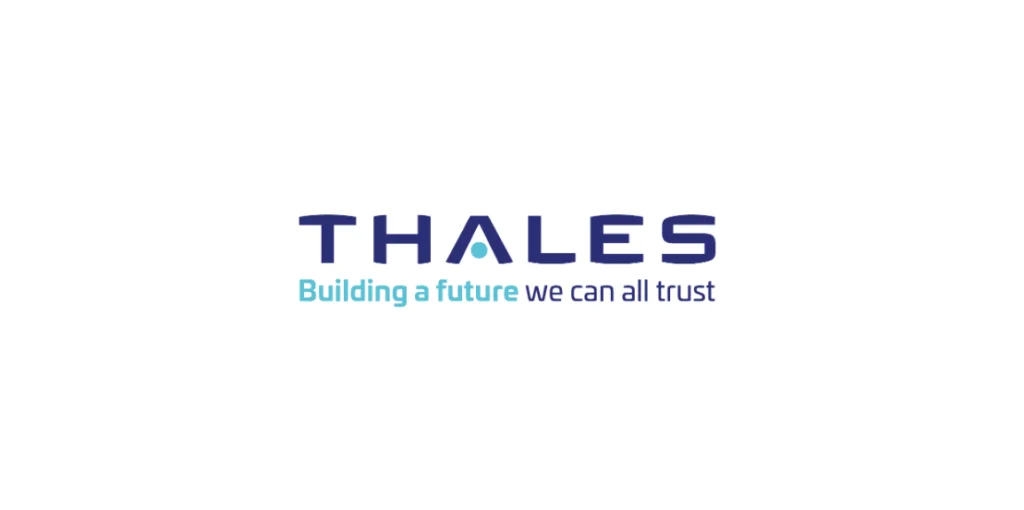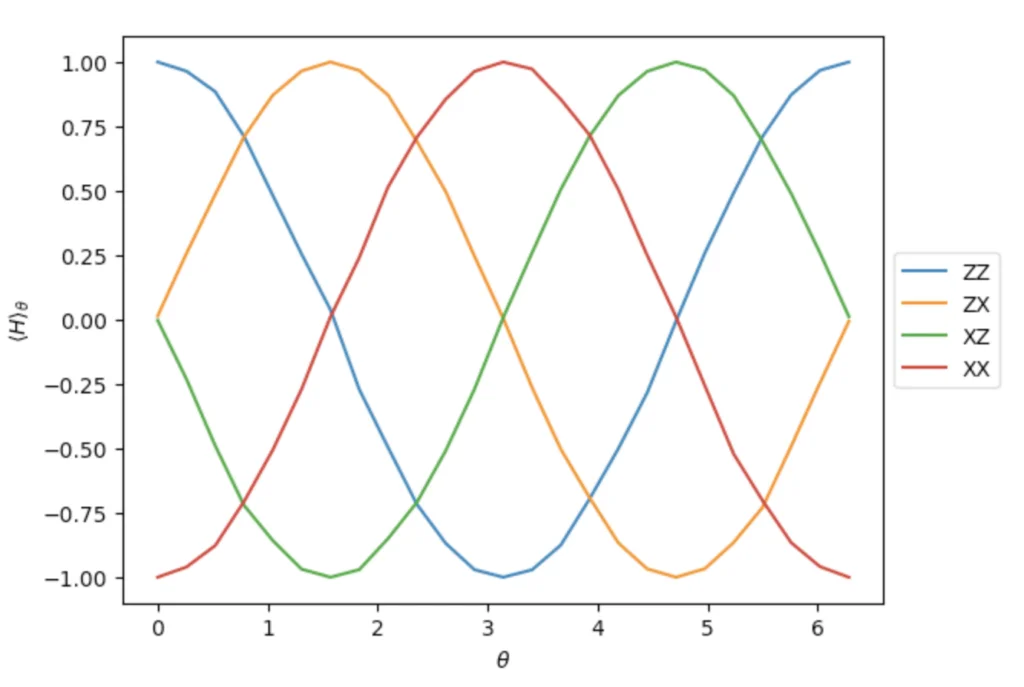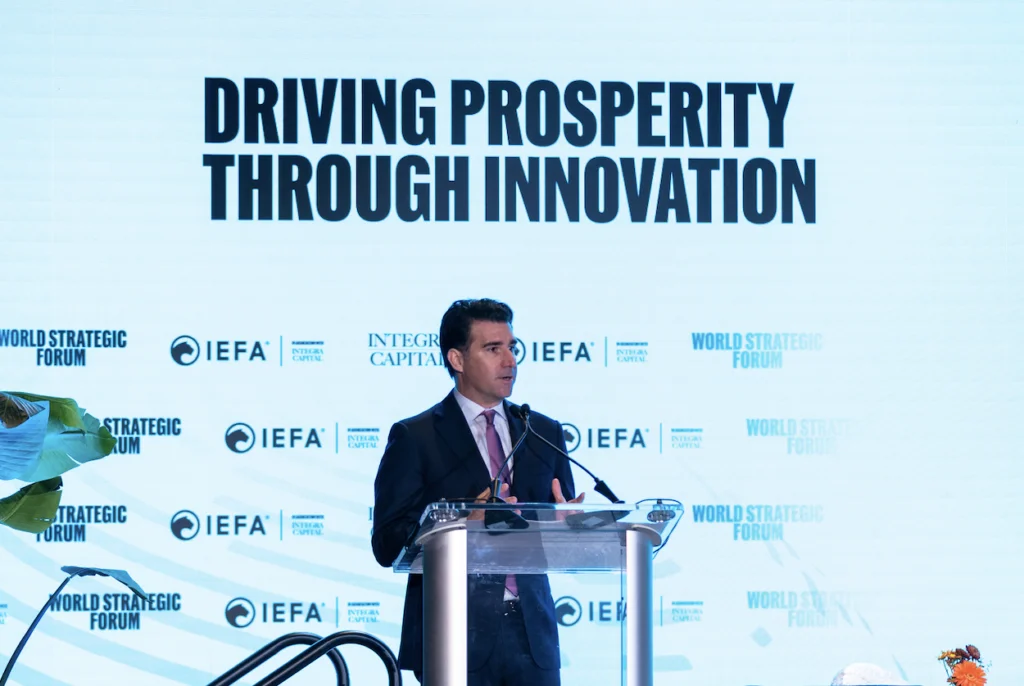Insider Brief:
- Théau Peronnin explains how Alice & Bob’s “cat qubit” design embeds error correction directly into qubits, potentially reducing the need from millions to about 100,000 qubits for fault-tolerant quantum computing.
- He emphasizes that quantum computing’s real value lies in enabling entirely new classes of problems, from new developments in chemistry and materials to exploring the foundations of life.
- Peronnin highlights control electronics as a critical scalability bottleneck, warning that classical systems may dominate costs and complexity.
- He argues that Europe must pair funding with bold leadership and risk-taking to compete globally, framing the quantum race as both a technological and cultural challenge.
In this episode of The Quantum Economy Podcast, Anders Indset speaks with Théau Peronnin, co-founder and CEO of Alice & Bob, about what it will take to build a universal quantum computer, and why Europe must embrace greater audacity if it hopes to lead in quantum. A physicist turned entrepreneur, Peronnin has positioned Alice & Bob as a contender in the pursuit of fault-tolerant quantum computing with its “cat qubit” design, which embeds error correction directly into the qubit itself. This approach could cut hardware requirements, reducing the scale from millions of qubits to around 100,000.
Peronnin stresses that quantum computing’s value is not about accelerating existing algorithms but about enabling entirely new classes of questions beyond classical reach. From new developments in chemistry and materials science to unlocking insights into life itself, the potential lies in domains where classical computing simply cannot go.
At the same time, he highlights overlooked challenges. While qubits dominate headlines, Peronnin points to control electronics as a likely bottleneck for scalability, with the cost and complexity of these classical systems threatening to outpace the quantum components themselves. Addressing this gap will be essential for building machines that are both powerful and practical.

Looking beyond technology, Peronnin reflects on Europe’s role in the quantum economy. Competing with the U.S. and China, he argues, will require not just funding or policy but bold leadership and risk-taking on transformative science. The conversation moves fluidly between technical insight, entrepreneurial reality, and cultural perspective, speaking to both the fragility and the promise of this moment for quantum innovation.
This episode touches on:
- Why “cat qubits” could cut the requirements for fault tolerance by orders of magnitude
- How quantum computing shifts the focus from speed to new problem classes
- The overlooked challenge of scaling control electronics
- Europe’s need for audacity in building deep-tech leadership
- The long-term impact of quantum on chemistry, materials, and biology
Listen and Learn
You can access this episode of The Quantum Economy Podcast on all major platforms:
- Listen on Spotify
- Listen on Apple Podcasts
- Listen on YouTube
New episodes of The Quantum Economy Podcast will be featured on The Quantum Insider. As quantum technologies evolve alongside other exponential fields, thoughtful engagement with the broader questions they raise on design, governance, value, and responsibility remains essential.
About the Host
Anders Indset is a Norwegian-born business thinker and investor known for bringing together philosophy and emerging technology. He is the author of The Quantum Economy, a book that examines how the logic of quantum computing, its uncertainty, entanglement, and probabilistic nature, can be applied to institutions and economies facing complexity and rapid change. His framework, Triangular Alchemy, proposes a new approach to organizational leadership in exponential times: balancing innovation (Forge), efficiency (Optimize), and investment (Scale) through anticipatory governance. His new book, The Singularity Paradox: Bridging the Gap Between Humanity and AI, is available now.
The podcast draws on this background while integrating real-time insights from global practitioners. It is not a promotional platform, but a curated forum for meaningful dialogue around technological transformation and human responsibility.















